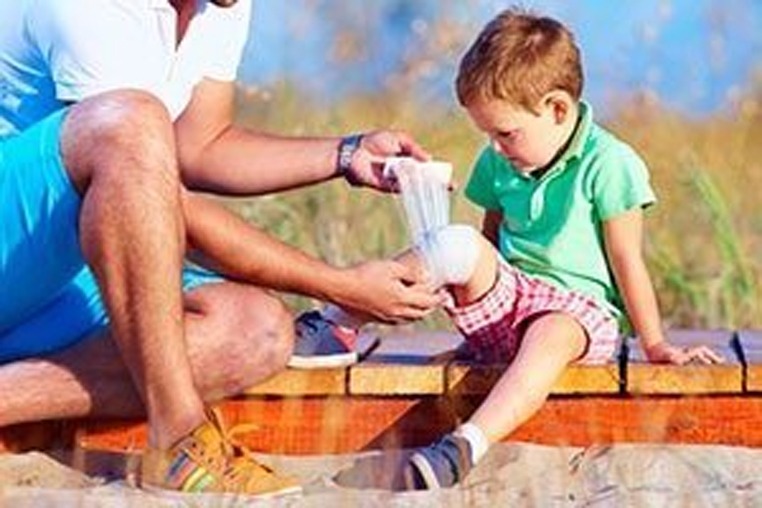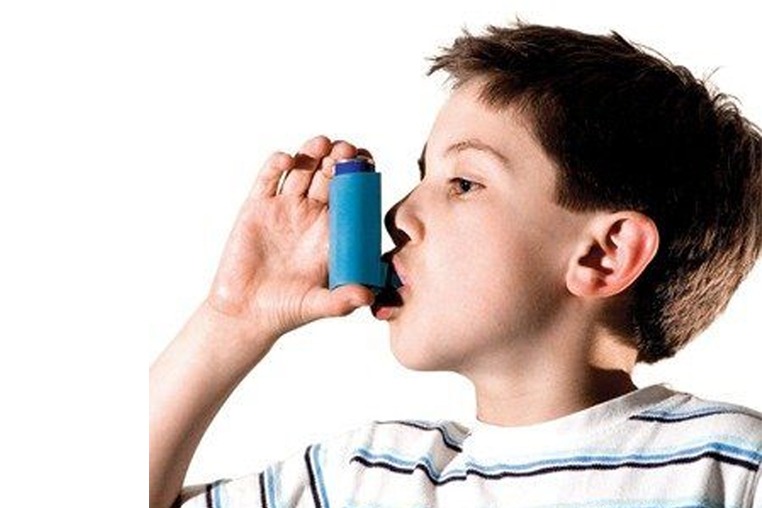First Aid Course in Canberra. Get the Training that will Save a Life. Nationally recognised First Aid Course. Excellent Trainers.
Peter Mallett, Staff Writer ~
A Chief from Canadian Fleet Pacific says everyone should undergo first aid training after he used his expertise to save the life of a Nanaimo man in cardiac arrest in March.
Chief Petty Officer Second Class Paul McCoy, 52, is in the 32nd year of his career with the Royal Canadian Navy and currently works in his unit’s Underwater Warfare branch as a Coastal Advisor on Sonar Operations.
But he also works a part-time job as a First Aid instructor for the St. John Ambulance training centre in his hometown of Duncan. On March 10, one of his students, 66-year-old Earl Morris, suffered a cardiac arrest during his class.
“It happened to Earl in the right place at the right time,” said CPO2 McCoy. “If you are going to have a heart attack, have it in a first aid class where there are people fully trained and willing to help.”
The incident occurred as the class was taking a break and Chief McCoy was in the hallway. A student rushed to him to say Morris had collapsed in his chair, was unresponsive and not breathing. CPO2 McCoy, with the help of another instructor and student, sprang into action and used their training and equipment to save the heart attack victim’s life.
CPO2 McCoy, who is certified as an Occupational First Aid Level 3 and Advanced Medical First Responder, assessed Morris’ condition and then moved him to the ground. He performed CPR (cardiopulmonary resuscitation) while the other instructor administered oxygen.
CPO2 McCoy used a defibrillator to keep him alive while his student and the other instructor continued to perform CPR until paramedics arrived. Paramedics then used their defibrillators approximately six times before Morris was stable enough to be transported to hospital. He has since recovered.
McCoy is quick to downplay the hero moniker bestowed on him by Cowichan Training Centre’s supervisor Anne Saele, and fellow students and instructors.
“I don’t see myself as a hero. I was just a guy who was there, but it’s definitely one in the win column for me and Mr. Morris,” he said.
CPO2 McCoy received his First Aid Instructor certification while serving in HMCS Calgary in 2007. Over the course of his life he has used his first aid training to save the lives of others. Those include severely injured accident victims of a head-on-collision on the Malahat Pass, and two pedestrians who were struck by a vehicle in Sooke.
He recommends first aid training and refresher training to everyone.
“The training gives you the tools and confidence to properly perform first aid,” he said. “It could be you or someone you love lying there next time. If you know what to do, you will be able to jump in and help. Everyone should have this training.”
Check out our first aid course in Canberra held at the Parklands Hotel in Dickson. www.canberrafirstaid.com













